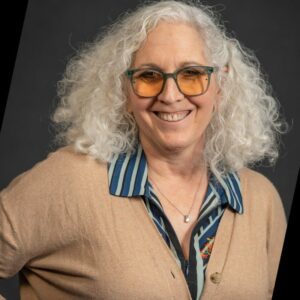Did you know every admissions counselor has a unique approach to reviewing college applications? Admissions counselors also read every word of your application – including the essays.
At the University of Michigan, Erica Sanders, director of recruitment and operations, reviews student academics before reading the essays. Ted Spencer, associate vice provost and executive director of the university’s undergraduate admissions, has a different application review style.
“I start with the academics first; then I read the essays to validate the application,” Sanders said. “Ted takes the opposite approach. He reads the essays first.”
Wow Writing Workshop spent four days last week in Denver, CO, talking to admissions experts, doing product demos for Wow – College Essay, meeting and getting to know high school and independent school counselors from the U.S., Canada and abroad, and chatting with educational consultants.
The Wow team interviewed representatives from many colleges, including the Big 10, the Ivy League, plus other private and public universities. We got a lesson in what goes on inside these colleges. Here are some general tips:
1) Don’t waste time trying to figure out the complex system of any university; do not listen to rumors. (Don’t apply; you won’t get in; a kid with a perfect ACT score and high GPA didn’t get into a particular school.)
2) Grades are the most important factor in admission, followed by rigor of coursework, test scores, degree of class difficulty and then the essays.
4) Essays – the first non-academic item on the list of importance for admission – are more significant than you may think.
“We read each writing opportunity,” U of M’s Sanders said during a panel discussion on the college essay. “We want to put it in context with what we see academically. We want it to be specific, different, something we can’t find elsewhere on your application.
“We don’t have the ability to interview students,” Sanders added. “We want to hear their voice. As I am reading at 11, 12 or even 1 a.m., I want to read something that stands out, something that says, ‘Wow, this is a student I want to meet.'”
Jessie Hill, an admissions officer from Yale University, was also a panelist during the essay session. She said students need to write stories that show who they are without being over-edited.
“The danger in having too many red pens is that it is diluted and does not sound like a 17-year-old,” Hill said.


